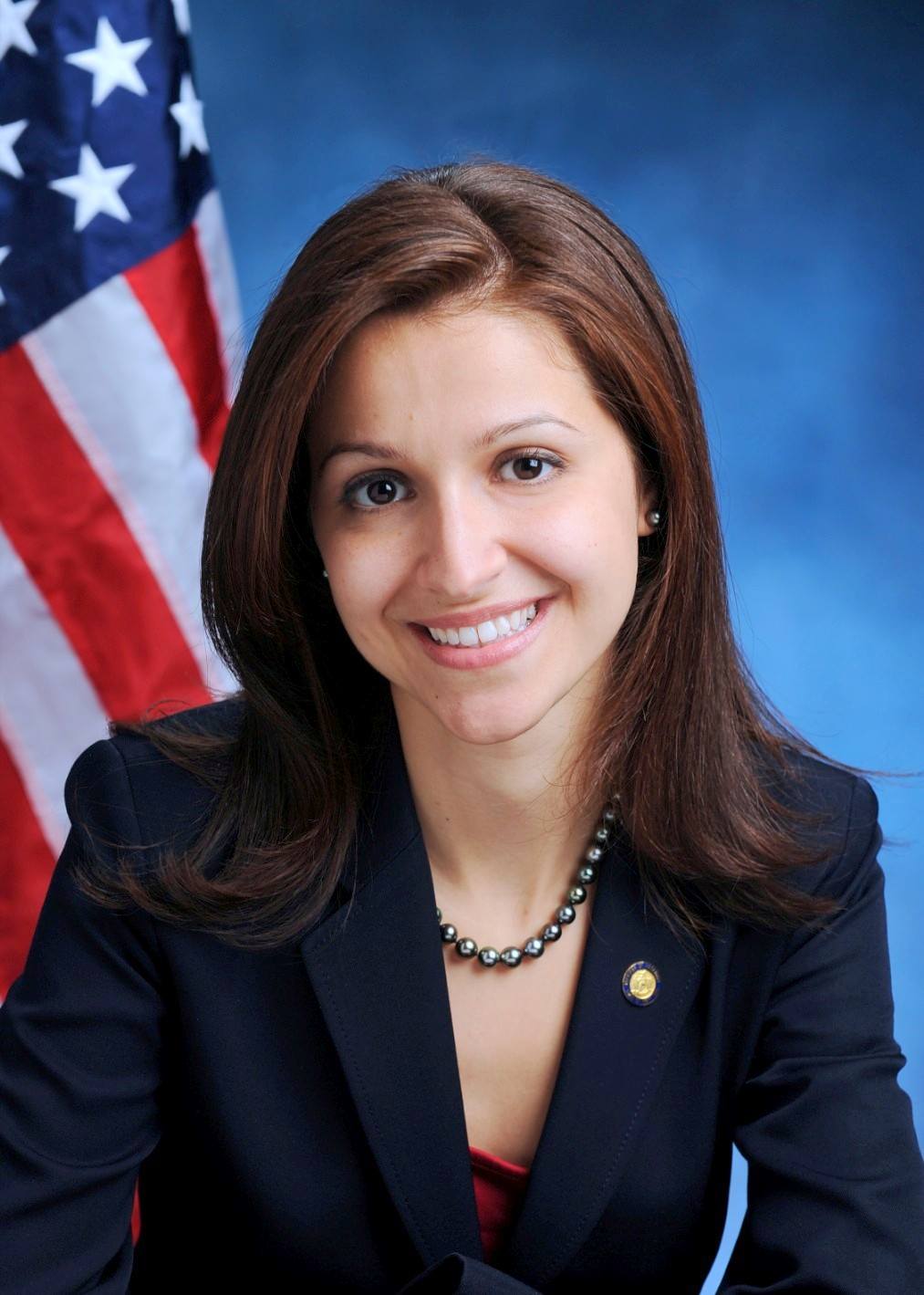Weprin Praises First Rikers Island Jail Closure

Assemblyman Daivid Weprin (D-Fresh Meadows, Richmond Hill, Jamaica), the assembly chair of the Correction Committee, yesterday praised Mayor Bill de Blasio‘s announcement that the city will close its first jail on Rikers Island this summer as part of his overall plan to close the entire facility within 10 years.
The closure is made possible by the dramatic reduction of the city’s jail population, which fell below 9,000 for the month of December, a record-low figure last reported in 1982. As of January 1, the Department of Correction’s jail population is 8,705.
The Departmnet of Correction (DOC) will close the George Motchan Detention Center, which currently houses about 600 men in custody. Its closure will bring the total number of operational Rikers Island facilities from nine to eight and it will not result in layoffs or a reduction in DOC uniformed staff. Instead, it will help DOC reduce overtime, provide important training and support, and strengthen staff in other key areas. In the coming months, DOC will develop plans on the transfer of uniformed staff and detainees to other facilities.
“The closure of the George Motchan Detention Center on Rikers Island is evidence of this administration’s commitment to criminal justice reform. By offering low level offenders alternatives to incarceration, enacting supervised release for low risk defendants, and supporting other paths to stability; this city is proving that it’s possible to lower crime while ending the cycle of incarceration that too many find themselves caught in,” said Weprin. “I am proud to stand with Mayor Bill De Blasio as we take another step towards a better, fairer and safer New York.”
Hyndman’s Measure Upping WMBE Ceiling For No-Bid Contracts Gets Signed

Assembly Member Alicia Hyndman (D-Laurelton, Rosedale, St. Albans, Addisleigh Park, Hollis, Springfield Gardens, Jamaica) saw Governor Andrew Cuomo sign her legislation last week giving the city the authority to increase economic opportunities for Minority and Women-Owned Business Enterprises (M/WBEs).
The City is now able to spend up to $150,000 on contracts with M/WBEs without forcing those businesses to first go through a time-consuming, formal, competitive bidding process. This increased discretionary spending limit for goods and services closely matches the State’s $200,000 limit in this area.
Prior to the bill’s signing, the City’s discretionary spending limit for goods and services was $20,000. Additionally, the new law will allow the City to consider a firm’s status as an M/WBE when using the best value procurement method as well as the firm’s record of complying with existing labor standards, maintaining harmonious labor relations, and protecting the health and safety of workers.
State Sen. Marisol Alcántara (D-Manhattan, Bronx) was the senate sponsor of the bill.
Three Simotas Bills Helping Small Businesses Signed Into Law

Assemblymember Aravella Simotas (D-Astoria, Long Island City) saw Gov. Andrew Cuomo recently sign into law her package of three bills that will help small businesses in the state get some relief from red tape.
The new laws will also increase transparency and public participation in agency rulemaking. Simotas sponsored the bills as Chair of the Administrative Regulations Review Commission.
“As the daughter of a small business owner I know first-hand how vital small businesses are to the economic health of our communities and our state. My bills will help to create a healthier environment in New York for small business and to ensure that regulatory agencies are more user-friendly,” said Simotas.
One of the bills, signed by the governor on December 18, helps small businesses to comply with regulations by requiring state agencies to create plain language guides that would include information on 1) the most common regulatory violations that small businesses are cited for by the agency and 2) actions that small businesses can take to minimize or prevent the occurrence of violations.
“Small business guides will improve compliance with necessary regulation to ensure public health and safety without hurting the health or strangling the growth of small businesses,” said Simotas.
A second signed on December 13, extends to a minimum of 60 days the time to review and comment on rules proposed by state agencies, enabling greater participation my businesses and the public. The prior mandate was only 45 days for many state agencies.
The third signed on September 12, brings agency rulemaking into the 21st Century. The law will let people email their requests for notices of proposed new rules, rather than having to snail mail them. Agencies in turn would be required to send rulemaking notices electronically, rather than by snail mail, when people ask them to do so.









